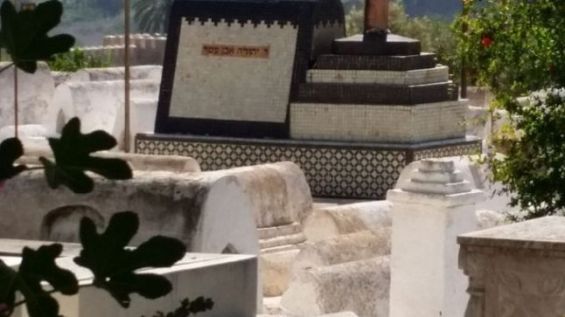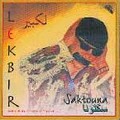His ancestors had marked the history of Morocco. Indeed, several members of the great family of Ben Attar had become scholars, rabbis and ambassadors, like Moshe Ben Attar, who was sent by Moulay Ismail to England in the 18th century. His cousin, Rabbi Yehouda Ben Attar, was a Fes-native.
He was born in 1655 and was the disciple of Rabbi Vidal Sarfatti and Rabbi Menahem Seriro. A devoted student of science and Torah, his life was however marked by the death of his father. When he turned 23, he worked as a jeweler. «He had Jewish and Muslims clients and since he was a skillful and honest craftsman, he became very famous», wrote Esefarad.
«It is said that to this day some Muslim residents of Fez claim to have rings made by Rabbi Ben Attar, and they consider it invaluable (and use it as a talisman!)», the same platform added.
The jeweler who became Fes’ Av Beit Din
His work did not prevent him from pursuing his studies, becoming a teacher at a yeshiva in the city of Fes. In 1698, all local rabbis chose him as an Av Beit Din or «chief of the court». «The famous Rabbi Hida tells that despite his complete dedication to the community, Rabbi Ben Attar continued during all his life to work as a goldsmith and decided not to receive a compensation for his community work», the same source recalled.
During his forty-year career, Rabbi Yehouda Ben Attar had been able to establish several «taqanot», namely «decrees or regulations that the rabbis establish to correct some habits that are harmful to the community». «One of these taqanot was implemented to limit the excess in the celebration of life cycle events», wrote Edefarad, adding that «some families in the community spent too much on the celebration of weddings. Others did not want to be left behind. And this caused many community members to take loans and get into big debt to spend «like everyone else».

His remarkable work even earned him a book written by Rabbi Chaim Yosef David Azulay, entitled «Shem haG'dolim», Dailyzohar recalls.
«My ears have heard of several wonders that occurred to him, both during his lifetime and after his death», wrote the Rabbi. «I heard from our rabbis, the sacred ones of the West, that he was a sacred man of God, that he was cast into a lion's den and was untouched by the hungry lions after having spent there a day and a night», he added.
He further describes him as a «just» and «humble» man who did not spare any effort to answer the requests of the members of his community, even the most unusual ones.
A lion tamer
Like other Jewish saints, several legends are associated with the life of Rabbi Yehouda Ben Attar. One of them is told by the Hevrat Pinto Foundation website: One day, he was allegedly put in prison while the Jewish community paid enough to get him released. Unfortunately, the amount set by the city governor was too high and far beyond the financial means of the Jewish community.
In an attempt probably aimed at putting pressure on the Jews of Fes, the governor then decided to throw the rabbi into a lions‘ den. Legend has it that the hungry lions did not touch the Jewish Tsaddik, even after spending a day and a night in this pit.
Rabbi Ben Attar died in Fes in 1733 at the age of 77. And although he is not buried in the Jewish cemetery of the spiritual capital of the Kingdom, his tomb was easily identified among the others, because it had a lion carved on it, referring to the famous lion legend. His Hiloula is celebrated in June when it is preceded by a ceremony held at the Talmud Torah synagogue in the city of Fes.





 chargement...
chargement...













